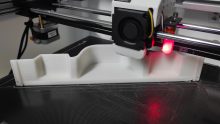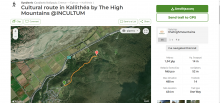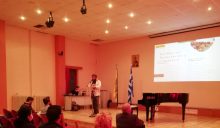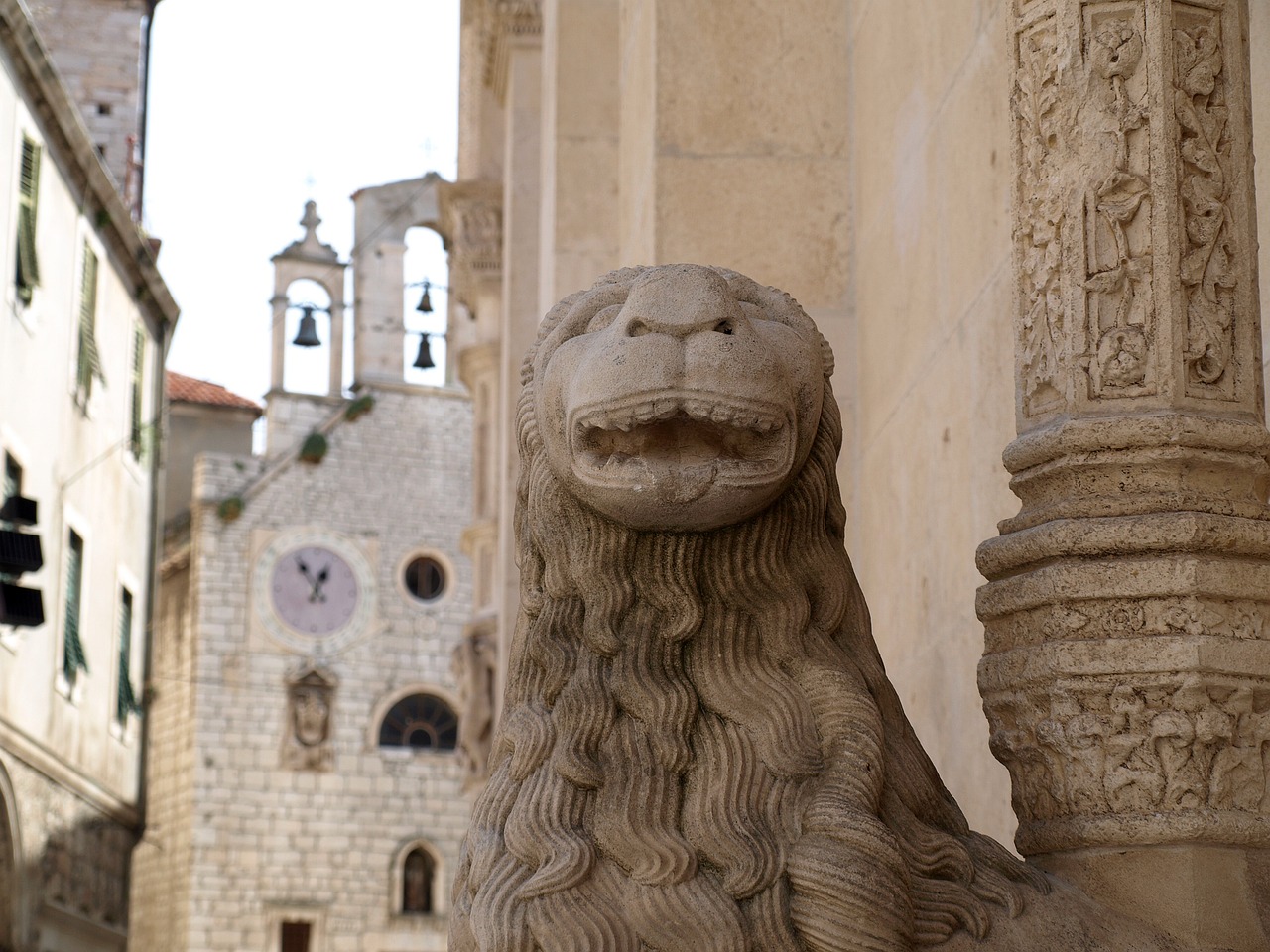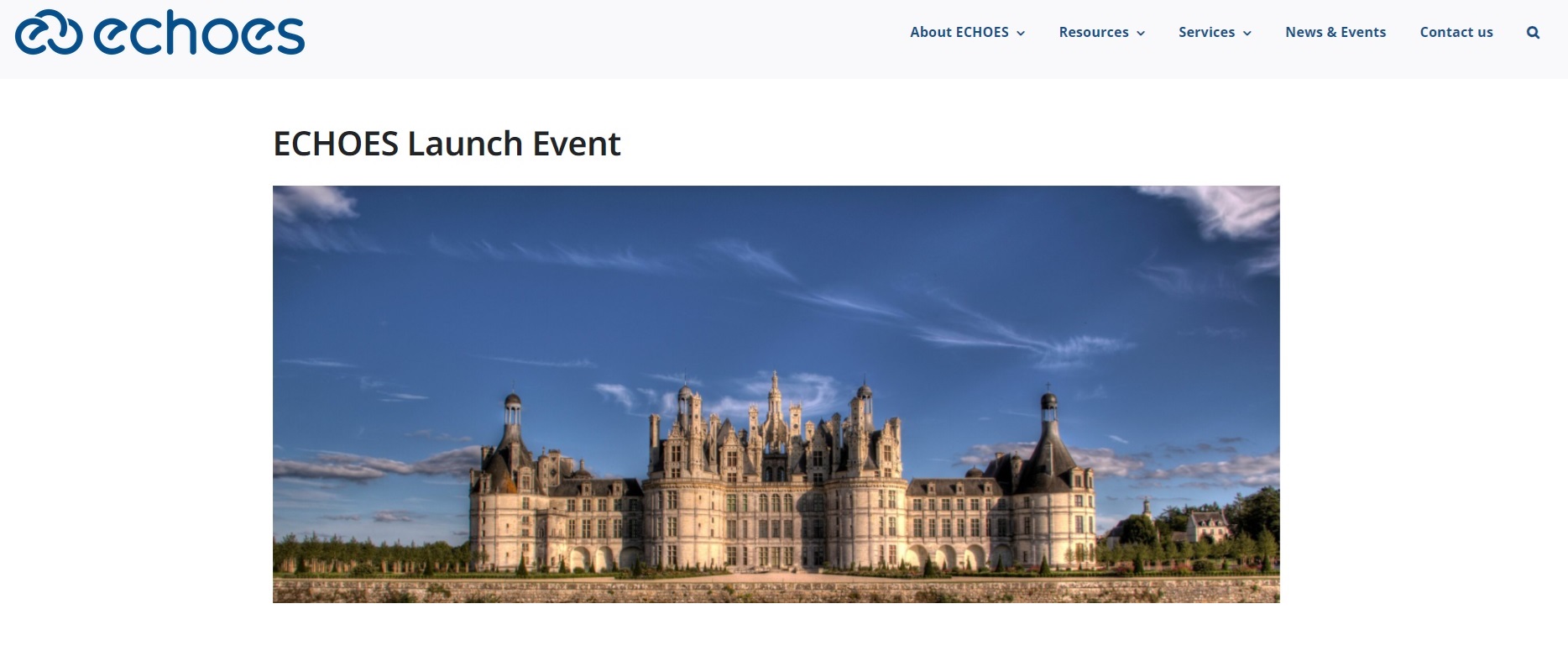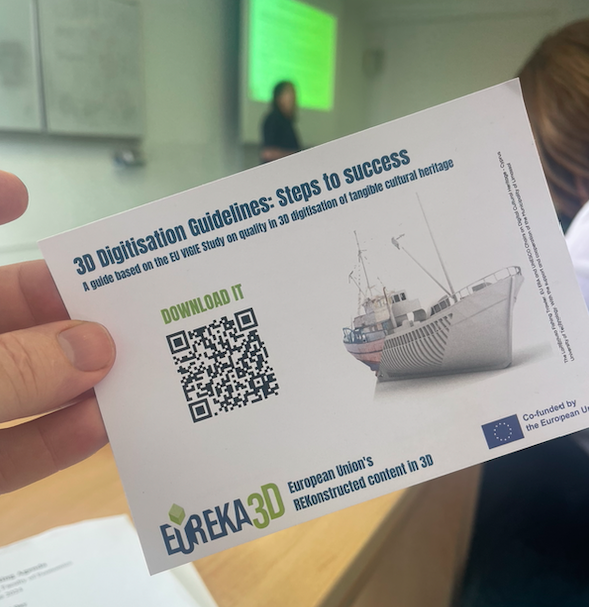On Friday September 9th 2022, in the context of INCULTUM Pilot 7 Aoos the shared river, the High Mountains Social Cooperative Enterprise, the P2P Lab, the Tzoumakers communal workspace and the Public Library of Konitsa, organised a training workshop on 3D Printing that was addressed to the local community, stakeholders of the area, employees of the Public library of Konitsa and visitors of Konitsa.
The entire session was recorded and published on the youtube:
The training workshop is opened by Vassilis Niaros, member of the P2P Lab, with the presentation of the Waterjet, an open technology tool designed in New Zealand. He described the printing procedure, the waterjet’s assembly and the sensors that will be adapted on it.
The waterjet will be used for data collection in Epirus rivers, lakes and “dragon lakes” (alpine lakes). Digital representations of the lakebeds and riverbeds, monitoring of temperature, acidity and other properties of the water, are just a part of the data that will be extracted and lead to useful information aiming to the understanding and protection of those unique ecosystems’ biodiversity.
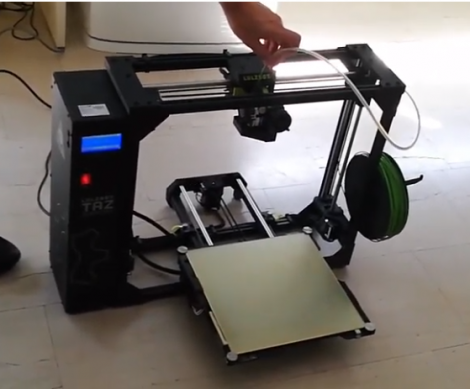 Right after the introduction the training workshop on 3D printing starts, and is about materials we use for 3D printing, sites that you can use to find files for the printer, parameters that may affect the printing, useful tips deriving from experimenting with the printers, printing applications and others.
Right after the introduction the training workshop on 3D printing starts, and is about materials we use for 3D printing, sites that you can use to find files for the printer, parameters that may affect the printing, useful tips deriving from experimenting with the printers, printing applications and others.
A retrospection on the different uses of 3D printing followed the training workshop, with examples of 3D printed objects that helped in various ways and were used to enhance accessibility and participation, create innovative objects and tools, but also promote cooperations and synergies.
The P2P lab team closed the presentation with a 3D printing demonstration, where the attendants got to see and experience the whole procedure, from loading the printing material, to actually print the first part of the Waterjet, its propeller.



